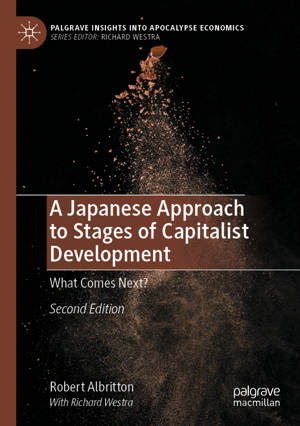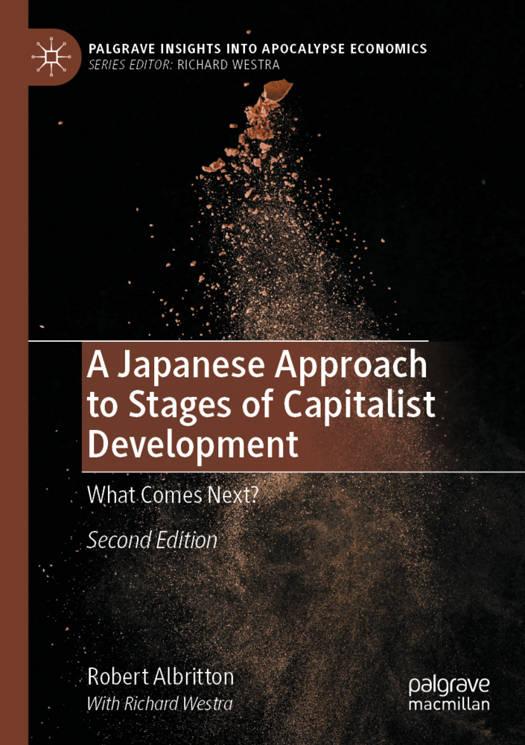
- Retrait gratuit dans votre magasin Club
- 7.000.000 titres dans notre catalogue
- Payer en toute sécurité
- Toujours un magasin près de chez vous
- Retrait gratuit dans votre magasin Club
- 7.000.0000 titres dans notre catalogue
- Payer en toute sécurité
- Toujours un magasin près de chez vous
Description
This book offers a novel treatment of one of the most important and long-standing research agendas in critical political economy: the theorizing of stages of capitalist development. Albritton advances the work of Japanese economist, Kozo Uno, to explore capital accumulation and its ideological, legal and political supports, not only in the stages of mercantilism, liberalism and imperialism, but also in the post-World War II capitalist stage of consumerism. The power of Albritton's adoption of this Japanese approach resides in the crisp clarity it achieves over the way stage theorizing of capitalism draws on both economic theory and historical analysis.
In the new, fully revised edition, written with Richard Westra, two new chapters are added. One meticulously examines the tendencies of capitalism euphemized as globalization and financialization which followed the crisis of the stage of consumerism. The other deals with current threats to civilization posed by burgeoning militarism, environmental destruction and climate apocalypse. The concluding chapter argues for the necessity of major social change to ensure a liveable future for humanity.
The book will be of interest to researchers and students of political economy and the history of economic thought, as well as a wider audience interested in the transformation and crises of capitalism.
Spécifications
Parties prenantes
- Auteur(s) :
- Editeur:
Contenu
- Nombre de pages :
- 400
- Langue:
- Anglais
- Collection :
Caractéristiques
- EAN:
- 9783030990398
- Date de parution :
- 02-07-23
- Format:
- Livre broché
- Format numérique:
- Trade paperback (VS)
- Dimensions :
- 148 mm x 210 mm
- Poids :
- 539 g

Les avis
Nous publions uniquement les avis qui respectent les conditions requises. Consultez nos conditions pour les avis.






